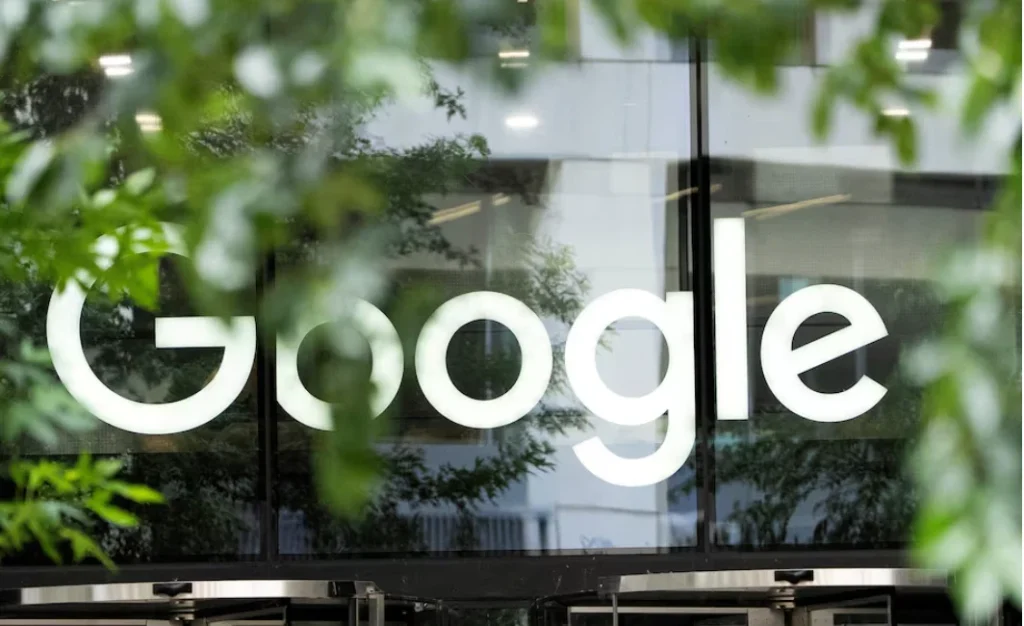Google to Join EU AI Code of Practice While Voicing Concerns Over Innovation Risks
Alphabet’s Google has announced it will sign the European Union’s voluntary AI code of practice, designed to guide companies in complying with the newly enacted Artificial Intelligence Act (AI Act). The decision was shared in a blog post by Kent Walker, Google’s President of Global Affairs and Chief Legal Officer, on Wednesday.
The move aligns Google with a growing list of tech companies navigating the EU’s AI regulatory framework, intended to set global standards for responsible AI development and deployment.
“We do so with the hope that this code, as applied, will promote European citizens’ and businesses’ access to secure, first-rate AI tools,” Walker wrote.
What Is the EU AI Code of Practice?
The EU AI code of practice is a voluntary set of guidelines drafted by 13 independent experts. It is intended to help AI developers meet requirements under the AI Act, including:
- Issuing transparent summaries of the datasets used to train general-purpose AI models.
- Complying with EU copyright law in model training and deployment.
- Ensuring legal certainty for signatories aiming to operate within the European digital single market.
The AI Act, formally adopted by the EU in 2024, is the first comprehensive legal framework for AI regulation globally.
Google’s Reservations: Copyright, Trade Secrets & Competitiveness
Despite signing the code, Google raised serious concerns about parts of the regulation that it says may stifle innovation in Europe. “Departures from EU copyright law, steps that slow approvals, or requirements that expose trade secrets could chill European model development and deployment,” Walker warned.
Google fears that overly stringent rules could harm the EU’s ability to compete with AI advancements in the United States and China, two dominant players in the global AI landscape.
Industry Reactions: Microsoft Likely to Sign, Meta Declines
Other major tech companies have responded differently:
- Microsoft President Brad Smith previously told Reuters that the company would likely sign the code.
- Meta Platforms declined to sign, citing legal uncertainties and risks for general-purpose AI model developers.
The varying responses reflect broader industry tensions around regulatory clarity, IP protection, and commercial confidentiality in AI development.
EU Aims to Set Global AI Benchmark
The European Union’s AI Act and associated code of practice are part of the bloc’s broader strategy to set a global benchmark for ethical AI governance. The regulation seeks to protect citizens while fostering innovation and ensuring the safe and responsible use of AI in sectors such as healthcare, finance, and transportation.
By implementing rules around AI transparency, safety, and accountability, the EU hopes to lead the global charge in trustworthy AI deployment — a move that could reshape international norms.
Key Takeaways
- Google will sign the EU’s voluntary AI code of practice, despite voicing regulatory concerns.
- The code helps companies comply with the AI Act, the world’s first comprehensive AI legislation.
- Google warns that overregulation may hinder AI competitiveness in Europe.
- Microsoft is likely to sign, while Meta has declined.
- The EU seeks to position itself as a global leader in AI governance.












